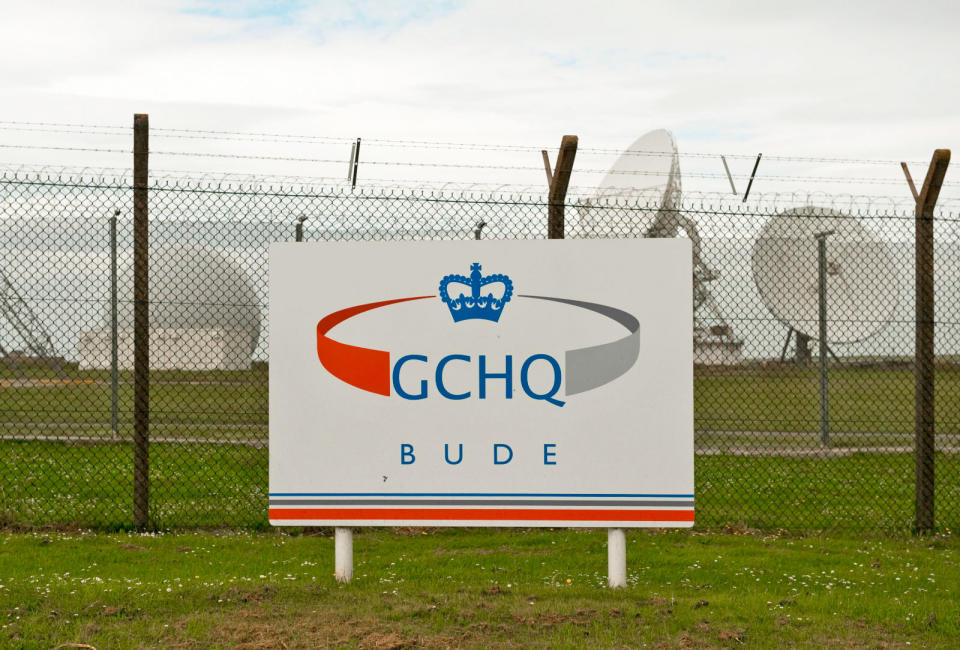UK collected social media data as part of its mass surveillance
There are few safeguards in place to prevent its misuse.
It's no secret that the UK has been engaging in mass surveillance over the past few years. Since Edward Snowden's leaks revealed the extent of their program, the UK's security and intelligence organization GCHQ has been under fire for possible violation of privacy laws, as well as the possibility that too much data had compromised the organization's ability to analyze it fully. Now, Privacy International, a privacy rights group, claims to have documents that show that GCHQ has been collecting social media information on millions of people.
GCHQ, which stands for Government Communications Headquarters, has been collecting this information over years, even decades, and sharing these databases with foreign intelligence and law enforcement services. Their oversight body, the Investigatory Powers Commissioner, has been out of the loop in regard to this practice. GCHQ reportedly obtained the data through access to private companies' databases. It's unclear what information has been collected and what it's being used for, but it is sorted into "biographical data," "financial activities," "travel" and more.
The documents stemmed from the organization's overall challenge at how the UK government is using its investigatory powers to gather mass surveillance data. In this case, Privacy International's specific issue concerns the role of private contractors. These third-party contractors have administrator access to the data, and there are currently no safeguards in place to prevent them from misusing it.
"The intelligence agencies' practices in relation to bulk data were previously found to be unlawful," says Millie Graham Wood, a solicitor at Privacy International. "After three years of litigation, just before the court hearing we learn not only are safeguards for sharing our sensitive data non-existent, but the government has databases with our social media information and is potentially sharing access to this information with foreign governments." It's understanding why this information is concerning -- oversight is necessary when it comes to intelligence operations. Hopefully Privacy International's case has some positive results.



